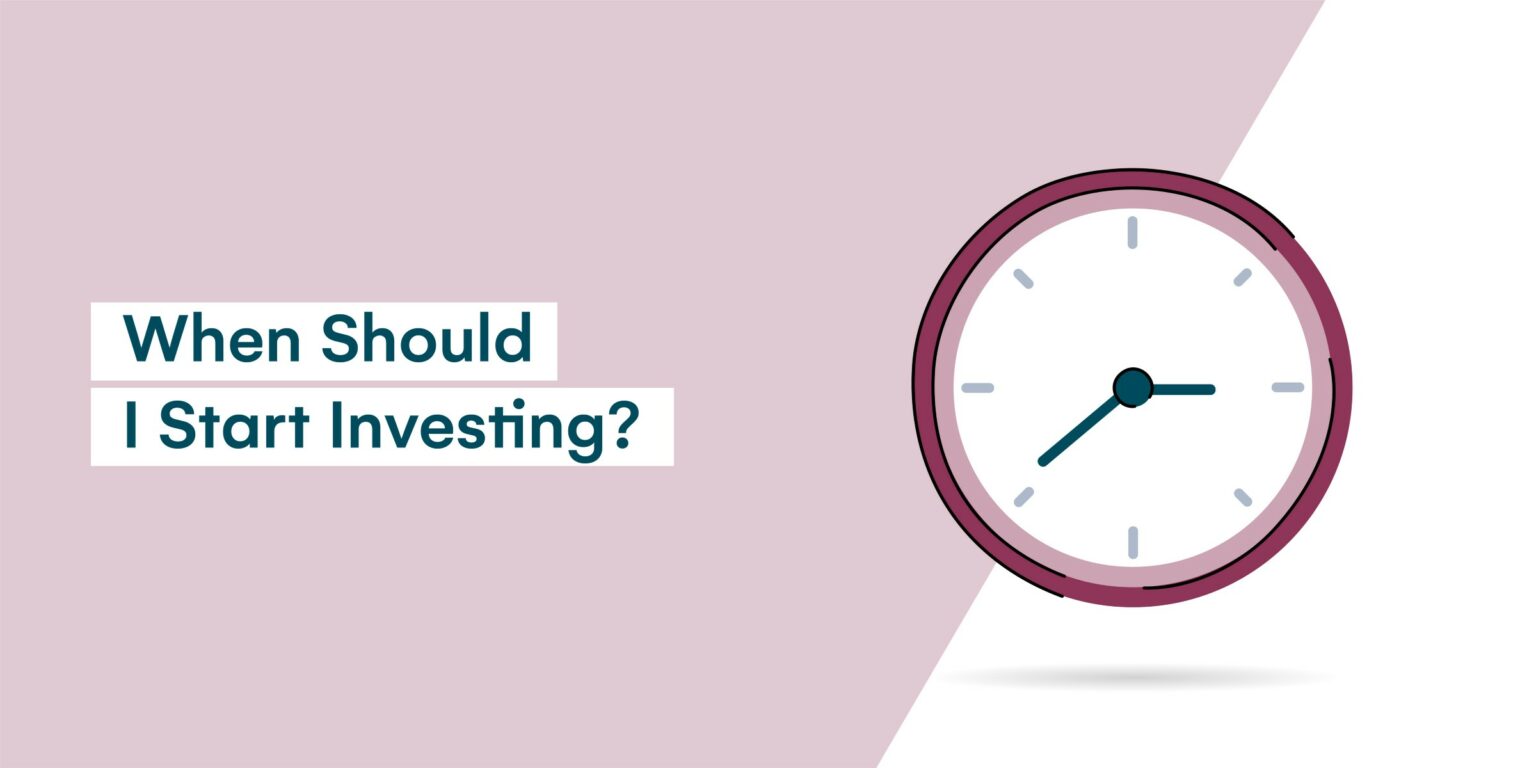Physical Address
304 North Cardinal St.
Dorchester Center, MA 02124
Physical Address
304 North Cardinal St.
Dorchester Center, MA 02124

Investing is a journey that can lead to financial independence and wealth accumulation, but many people often wonder when to start investing. The truth is, the sooner you begin, the better equipped you’ll be for the future. In this post, we’ll explore various aspects of investing, from when to start to strategies for beginners, with helpful visuals that illustrate key concepts.
Starting early can have a profound impact on your financial future. The earlier you invest, the more time your money has to grow. This is largely due to the power of compound interest, which allows your investment returns to earn even more returns over time.
For beginners, the thought of investing can be intimidating. However, breaking it down into manageable steps can make the process simple and approachable. First, establish your financial goals and risk tolerance. Then, consider starting with less volatile investment options.
The question of when to start investing often correlates with several personal factors, including financial stability, age, and market knowledge. If you have consistent income, minimal debts, and an emergency fund, you may be ready to start.
Investing early not only gives your money more time to grow, but also helps you develop habits that can lead to long-term success. Start small, learn from your experiences, and remember that investing is a marathon, not a sprint.
The transition from a novice to a savvy investor doesn’t happen overnight. It involves continuous learning and adapting to market conditions. Take the time to read and absorb information from credible sources, and don’t hesitate to consult a financial advisor when necessary.
Determining the right time to invest can be subjective. Generally, if you have saved enough to cover at least six months of expenses and have a clear plan, you’re likely in a good position to start investing.
Understanding your own risk tolerance is crucial. Younger investors might take on more risk since they have time to recover from potential losses. Conversely, those closer to retirement should prioritize preserving their capital.
To aid in your decision about when to start investing, consider these practical tips: establish clear financial goals, automate contributions to your investment accounts, and continually educate yourself on market trends and investment strategies.
Market conditions fluctuate, leading many to question whether now is a good time to invest. It’s essential to remember that timing the market is less important than time in the market. Long-term investing typically yields better results than trying to chase short-term gains.
Visual aids can be incredibly helpful in understanding the nuances of investing. Check out infographics and step-by-step guides that provide clarity on complex topics related to investment strategies, asset allocation, and market performance.